Written by Rick Shallenberger
The format is “Reader’s Theater.” You are all telling different views of the same story. In this particular Reader’s Theater format, you aren’t in conversation with each other, but you will be feeding off each other’s comments – as if the words another says said just triggered your own thought, or just fit in perfectly with your next thought. You do not have to memorize your lines, but you should look over them several times so you can read with feeling and emotion.
You should start with Christmas songs and a Scripture reading and then insert Scripture readings and songs in between the scenes. A list of suggested songs and Scripture readings will be at the end.
At the opening, all three readers will be seated behind music stands, and the narrator will be behind the lectern. As the narrator introduces each reader, he/she will stand and turn on the music stand light.
Most statements interrupt each other. It would be good to practice these transitions ahead of time. I’d suggest sitting and reading through it together and then having rehearsal before the Christmas Event.
The story is told in three parts or scenes, and it is suggested to have congregational Christmas hymns/songs between the scenes. We include some suggestions.
Characters include a narrator and up to nine readers. (You can have the same readers read in more than one scene if you choose.)
Scene one takes place in heaven, where three angels are talking to an unknown person (the audience) sharing their reaction to being told the Son of God is going to become human.
Scene two takes place just after Jesus’ birth. The three characters, Simeon, Anna and Mary, the mother of Jesus, all speculate on what this birth will ultimately mean to humanity.
Scene three is in modern times: Three Christians speculate about if there is something more behind Jesus becoming flesh than just the Savior coming to earth. (Note: Though I have given the three people in this final scene gender identity, it was only to make the writing easier. You can easily change the gender, and then change a few words for the narrator.)
Scene One: Angels Are Included in the Plan
Narrator: Imagine what it was like just before the Son of God became flesh. We can only speculate how exciting things were in heaven. Today, we listen in as three angels, who have just returned from a meeting with the archangel Gabriel, share their take on the Incarnation. Let’s listen to these three angels: Katallage, Apokalupsis, and Koinonia.
Katallage: My name is Katallage (ka-ta-la-gay)
Apokalupsis: My name is Apokalupsis (apoka-loopsis)
Koinonia: My name is Koinonia (Koi- no-nee-a)
All three (in unison): And I want to tell you an amazing story.
Katallage: I’d been told for years that something was going to happen that would literally change everything. I’d heard that before and I’d seen some amazing things in my life, but when I was summoned today to see Gabriel, the energy in the meeting was contagious. I’d never seen Gabriel so bright, so majestic, so bursting with joy and excitement…
Apokalupsis: …joy and excitement. He was pacing back and forth – OK, you could say flying back and forth, and he had this glow in his eyes I’d never seen before. I’ve seen him excited before, but the look in his eyes just stopped me in my tracks. I knew something big was about to happen. Gabriel was smiling…
Koinonia: … He was smiling ear to ear as he told me that I had been invited to be part of the most amazing feat that God had ever planned. This event was planned before anything else had been created, he said. I figured I knew what it was, but I asked anyway. He paused, threw out his arms to accentuate the point and said,
All three: The Incarnation…
Katallage: The Son of God was giving up his robe of light and was planning to enter his creation… He was putting on skin and going…
Apokalupsis: … going to become at one with his creation. The one we worshipped as God, the Creator, the Son of God, was going to become the Son of Man. He was going to become. …
Koinonia: …to become human. I knew this day was coming; we all did. We’d heard about this plan for a long time. We looked forward to this time like no other time in our existence, We know the most important event for mankind was the day the Son of God would …
Katallage: …would roar on the scene as a king on a white horse and rule the world. The world needed a good king, a righteous king, a king who knew the best way to defeat the enemies of darkness. We knew that one day all would know him…
Apokalupsis: …know him as King of kings and Lord of lords. I got excited as I looked at Gabriel and the others and said, So it’s true. The Son is going to be King? Gabriel laughed and said, “All in due time, but first he’s going to become a baby.
All three: A baby?
Katallage: A baby, Gabriel said. We knew the plan was for the Word, the Son of God to become flesh and dwell among humans and that many would see his glory. But a baby? “Why a baby?” I asked. Then Gabriel said something I’ll never forget. He said…
Apokalupsis: He said, “He’s becoming a baby so he can identify with all of humanity and feel their pain, live their life and heal all their sinfulness. You’ve been trained to work right alongside him.”
Koinonia: I’ve been trained to work right alongside him, Gabriel said. And that’s when I got excited. All the training I’d been through was going to play out in this amazing plan of God’s. We knew the name of the plan, it was called Incarnation.
Katallage: …Incarnation. But we also knew that most people would just refer to it as Christmas. Gabriel told me that while many people would understand the concept of Jesus being God’s gift to the world, others might just focus on gifts, and gift giving. Still, many songs would be written about Jesus to celebrate the season…
Apokalupsis: … celebrate the season. They would use lights to remind everyone that Jesus was the light of the world. Many would use an evergreen tree to remind people that Jesus is alive year-round. Many would be extra nice to each other during the season and shout out greetings to one another. Many would become more generous…
Koinonia: …generous during the season as they focused on the plight of others. And all this was good, Gabriel said, but they would miss out on one of the main reasons the Son of God wanted to become part of his creation. He wanted to show them who the Father is…
Katallage:…who the Father is. He wants them to know and believe that God is not and never was mad at them. He’s their Father who loves them. Gabriel said the Son wants them to see the Father as a Papa/Father, a wonderful, joy-filled, affectionate Father who loves them more than they could ever know. The Son wants to show them that they were not separated from this Father/God as they believed…
Apokalupsis: They believed they were separated from the Father because of their sins, Gabriel said, and the Son wants to show them just because God hates sin does not mean he hates the sinner. He could never hate his children. He hates sin because he sees what sin does to his children. He sees the pain and anguish sin causes. The Son wants to show them the Father’s love by not only living with them, but by becoming one of them.
Koinonia: …becoming one of them, Gabriel said, the Father will be showing through the Son that one of his greatest desires is to restore the relationship he had with them from the beginning. When he created them in his image, he walked with them and talked with them in the garden. They were in relationship – a relationship that was destroyed through sin and the lies the enemy told them about God. The Son wants to restore this relationship and Gabriel said my training was going to help make this happen.
Katallage: My training was going to help make this happen. I’ve been trained to help people see the truth…,
Apokalupsis: …and to help others see God as a God of love and forgiveness.
Koinonia: I’ve been trained to bring people together and help them see they are all on the same side. To help them work together and have common goals and plans.
Apokalupsis: My name is Apokalupsis – which means revelation – The Father was revealed by the Son.
Katallage: My name is Katallage – which means reconciliation – all will be reconciled back to good relationship with the Father, Son and Spirit.
Koinonia: My name is Koinonia – which means communion – all are included in the Son who is in the Father, by the indwelling love and power of the Spirit.
Narrator: Revelation, Reconciliation, Communion – interesting names for these angels. Could there be more to the story of Christmas than meets the eye? Could Christmas actually be about more than Christ becoming a baby in a manger? Could Christmas also be about revelation? Could it be about reconciliation? Could it be about communion? These are good questions we should ponder. Perhaps the next scene will shed some light. We’ll be back in just a moment when we will hear from three people who were awaiting the Messiah in very special ways.
For now I turn it over to the worship leader.
[Insert a song and perhaps a Scripture reading.]
Scene Two: The Wonder of it All
Narrator: Every good Jew knew some prophecies about the Messiah. These prophecies were taught in the synagogues and passed down from generation to generation. There were songs about Emmanuel – God with us. Today we will hear from three people who were waiting for the Messiah in special ways. One had been promised he would see the Messiah before he died; another spent her days and nights at the temple worshipping God. The third is a young lady who is a virgin, yet who has just given birth to a baby who, she was told, is the Son of God. Let’s listen to Simeon, the prophetess Anna, and Mary, the mother of Jesus.
All Three: I can’t help but wonder… (pause as if contemplating a deep thought)
Anna: I can’t help but wonder if God is showing me something of himself in this little baby boy.
Simeon: I can’t help but wonder how this baby is going to take away Israel’s pain and suffering.
Mary: I can’t help but wonder why the Son of God let himself become human and be just like one of us.
Anna: I’ve always been one to seek God through prayer. I’ve been praying for the Messiah to come for many years.
Simeon: For many years I’ve been praying that God would restore glory to his people Israel. We turned our back on God, and for a long time I feared he’d turned his back on us. But God was always good to me, and I felt the presence of his Spirit in me. I can’t explain it, but I know God is with me.
Mary: The Son of God was in me – it’s hard to put my mind around this. He was in me and because he is my son, I am also part of him. What does this mean? How can the Messiah be both human and God? It’s more than my poor mind can grasp and I’m asking God to shed some light on what it all means. Surely, God is teaching me…
Anna: God is teaching me more and more about him. I spend all my time at the temple. I fast often, I pray many times a day in my effort to really know God. Over the years he has spoken to me and has revealed things to me. I became known as a prophetess as God revealed more and more things to me…
Simeon: As God revealed more and more things to me, I pleaded with him to let me see God glorified by his nation once more. I wanted the world to know God was with us. I felt it was going to happen soon. Then one day the Spirit spoke to me…
Mary: The Sprit spoke to me and affirmed that God was teaching me. The Spirit said I was part of a great spiritual truth. What could these things mean?
Anna: “What could these things mean?” God told me that Jesus would be called the Son of Man as well as the Son of God. “When you see Jesus,” God said, “you will see my Son. When you see my Son, you will see the Anointed One, you will see the Messiah.”
Simeon: “You will see the Messiah,” the Spirit said to me. “Before you leave this earth, you will see the One who will restore Israel. You will see the One who is Anointed to save the world. You will see the One who brings forgiveness. You will see the one who is just and true and full of mercy. You will see the one who restores all things. You will see the glory of the Father.”
Mary: “You will see the glory of the Father” was what the Spirit said to me. So what is this glory, I wondered? I can’t help but wonder…
Anna: I can’t help but wonder at these words. Emmanuel, Anointed One, Messiah, Son of Man, Son of God. What does this all mean? I can’t help but wonder…
Simeon: I can’t help but wonder about this restoration, this forgiveness, this saving, this justice, truth and mercy, this glory of God. I can’t help but wonder….
All Three: I wonder… (Again, pause as if in deep thought)
Anna: I wonder… This baby Jesus is also called Emmanuel. Emmanuel means “God with us,” hmmm, so he is not just the Messiah coming to save, but he is God coming to live with us. And if he is called the Son of God, then he must be the Son of the Father. I’ve not really thought of God as a Father. I’ve thought of him as the Creator, the Omnipotent one, the Righteous One, the Holy One, Jehovah – but a Father? I wonder…
Simeon: I wonder… The Spirit told me Jesus was bringing forgiveness and mercy. That he is restoring us back to God, and that the restoration goes far beyond Israel? I wonder….
Mary: I wonder… There is a bond between Jesus and me. I am his mother, and he is my child. And because he is the Son of God, could there also be a bond between me and God that I never dreamed possible? I can’t help but wonder….
Anna: I wonder… If Jesus is one of us – and he is revealing that God is his Father, that means God is also my Father – which is relationship. Could it be that this baby is revealing what it means to be in relationship with God? Is this what it means to really be human? Is Jesus here to reveal, to restore and to reconcile?
Simeon: Jesus is restoring and reconciling, the Spirit told me. He is here to restore us to God. I wonder…
Mary: I wonder… It seems clear Jesus is showing us that God wants to be closer to us. Not only has he become one with us, but he wants to be in relationship with us. As I love him, he also loves me. It’s amazing, and it makes me wonder…
All three: I wonder….
Narrator: A lot to wonder about. We first met three angels whose names were revelation, reconciliation and communion. Now we’ve heard from three who were integral parts of the story of Jesus’ birth, and they talked about revelation, reconciliation, and communion. We’re going to sing a hymn and then come back and hear from three more people. The next scene takes place in the present. For now, let’s turn it over to our worship team.
[Insert a song and perhaps a Scripture reading.]
Scene Three: The Best Christmas Ever…
Narrator: The Christmas season means a lot of things to a lot of people. For some, it’s a time when extended family gets together to share meals, music and gifts. For others, it’s a very lonely time of the year. Many realize Christmas is about Jesus, but not all make him part of the celebration. Part of the reason is that people seem to have missed out on what the Word becoming flesh and dwelling among us is all about. Some believe Jesus came to forgive us and that’s it. Others believe Jesus came to judge the world. During this final scene, we will hear from three people who are giving thought to what Christmas is all about. We will join them as they come to understand the true meaning of God becoming flesh and dwelling among us.
Carla is a new Christian who is excited about Christ.
Rochelle was a Christian through college but slid backwards for a number of years and then returned – fearful of the reception she was going to receive.
Charles has been a Christian for a long time and recently started to see what his personal journey with Jesus is all about.
All three: It’s the best Christmas ever…
Carla: My best friend and I have known each other since we were kids. I always knew she went to church, but I never thought about it much. She never pushed her beliefs on me, and she didn’t judge me for not going to church. I was always surprised she didn’t treat me as if I was going to hell.
Rochelle: I was going to hell; I just knew it. I grew up going to church. I went to Sunday school and learned all my lessons. I was even baptized when I was a kid. It was the thing to do, and I believed it was important. I started questioning things in high school. Church just wasn’t fun anymore and it seemed to just be about things I was not supposed to do. I could tell you everything my church was against, but I would have a hard time telling you what it was for. So I stopped going.
Charles: I stopped going to church because I felt I had to, and I started going to church because I wanted to. I’m not sure when my thinking changed, but one day it hit me that I was no longer going to church just because of the worship, or because I liked the preaching, or because of the mission we were doing. Those things were important, but church was really about relationships. The relationships my friends and I had…
Carla: My friend and I had a relationship that made me start to ask her questions about her beliefs. Even though we had been friends for years, I’d never really asked her about her beliefs. She had invited me to her church from time to time, but she never pushed it and that always meant something to me. All she said was that God loved me just as I was.
Rochelle: I wished God would love me just as I was, but I knew that wasn’t possible – or at least I believed it wasn’t possible. There were so many rules and so many things that would make God mad at me that I just stopped trying. For a while I went to church on Christmas and Easter because that made my family happy; but I felt like a hypocrite. I was afraid of God, but after a time, I even stopped going at Christmas and Easter. I wanted to be with people who cared about me, not with people who were judging me. I wanted to be where I could love and be loved, not at church.
Charles: Church is a place where you can love and be loved. One day I realized God loved the people I was worshipping with. Even though they were sinners like me, they were God’s beloved children, my brothers and sisters in Christ. I started to feel that somehow we were all connected. I started to see that God’s plan was about relationships.
Carla: God’s plan was about relationships, not rules, my friend told me. As she talked about God, she introduced me to Jesus. I was amazed at the story of Jesus being God and coming to this earth to live as a human. My friend told me Jesus became one of us because God loves us. My friend had meaning in her life from being in a relationship with Jesus. I was impressed. I wanted this; I wanted my life to have meaning.
Rochelle: I wanted my life to have meaning and so I tried all kinds of different things. I worked hard in school to be the best I could be. I started climbing the corporate ladder. I even tried some drugs and alcohol, but that didn’t do anything for me. One day as I shared with a friend that I wanted more out of life, she told me about her relationship with Jesus and how amazing it was to be close to God. The way she talked about church made it sound good – not at all like I had experienced. I told her I knew I was going to hell because I had rejected God. She hugged me and told me that I might have rejected God, but he never rejected me. She asked me to come to church with her. She said God only wanted to share his love and life with me.
Charles: Sharing God’s love and life with others is what God’s plan is all about. I started to see that God’s number-one focus is on relationships. Then while studying one day, I started to see what Jesus meant when he said he and the Father were one, and then he prayed that we would be one just as he was one with the Father. I was starting to get the idea of oneness, family, unity, community. I started to ask God to help me see more. I wanted to really know Jesus.
Carla: I wanted to really know this Jesus my friend talked about. I started going to church with my friend and it was amazing. Everyone was so nice. They taught that God loved all people and he was the Father to all people. Going to church was, well, amazing…
Rochelle: Going to church was amazing. The people made me feel so welcome. They didn’t treat me as a sinner who had gone astray – they treated me as if I was important to them and to God. The pastor told me, “God has always loved you. He’s beside himself with joy that you want to be with him again.” I felt so good when I went home that day. I prayed for the first time in years. It wasn’t much; it was just, “God, thank you…”
Charles: God, thank you for helping me see the amazing work Jesus is doing in me and in everyone. This is the best Christmas ever…
Carla: It’s the best Christmas ever… God is showing me more and more about who he is, what his plan is for me and how much he loves me. He’s helped me look at other people differently by showing me how much he loves them. This is the best Christmas ever…
Rochelle: This is the best Christmas ever. I’ve been back at church for a few months now and I’ve shared my story with several people. No one has judged me; they’ve all just praised God that I’ve returned. It’s amazing. I really thought God was mad at me; but he was never mad. All the time I was gone, God was with me, working things out so that one day I would see him more clearly and want to walk with him again. I’ve learned so much and I’m telling you, this Christmas, I’m really getting what it’s all about.
All Three: Christmas is about Jesus, and it’s about me.
Carla: God used my friend to help me see who Jesus really is. Christmas is much, much more than the baby in the manger…
Rochelle: The baby in the manger is only part of the Christmas story. Jesus came to share the Father’s love with us and to teach us that even when we mess up – and we do mess up a lot – that God doesn’t stop loving us or reaching out to us. He wants us to love others and to be loved. He wants us to share in the joy of bringing good news to other people.
Charles: Bringing good news to other people is telling them Christmas is about the Father, the Son and the Holy Spirit being in unity with humans. It’s about us becoming one with God and with each other. Christmas is…
Carla: Christmas is about revelation, and so much more…
Rochelle: Christmas is about reconciliation, and so much more…
Charles: Christmas is about communion, and so much more.
All three: Christmas is about Jesus, and Christmas is about me.
Narrator: So there you have it. The word becoming flesh and dwelling among us is about revelation: It’s about Jesus revealing that God is our Father and that we belong to him. The Word becoming flesh and dwelling among us is also about reconciliation. Jesus was reconciling God to man and man to God. And the Word becoming flesh and dwelling among us is about communion. Jesus taught us that just as he is one with us and one with the Father, so in him, we are also one with the Father.
Our hope is that knowing what Christmas is about – this Christmas will be for you…the best Christmas ever…
[End with a Scripture reading and a worship song.]
Suggested Scriptures and songs
- Isaiah 7:14
- Luke 1:26-33
- Matthew 1:18-25
- Isaiah 9:6-7
- Luke 2:8-12
- Luke 2:13-14
- John 3:16-17
- Here I Am to Worship
- Joyful, Joyful We Adore You
- O Come, All Ye Faithful
- Go, Tell it on the Mountain
- Joy to the World
- O Holy Night
- Silent Night




 By: Aron and Joyce Tolentino, Pastors, Metro Manila, Philippines
By: Aron and Joyce Tolentino, Pastors, Metro Manila, Philippines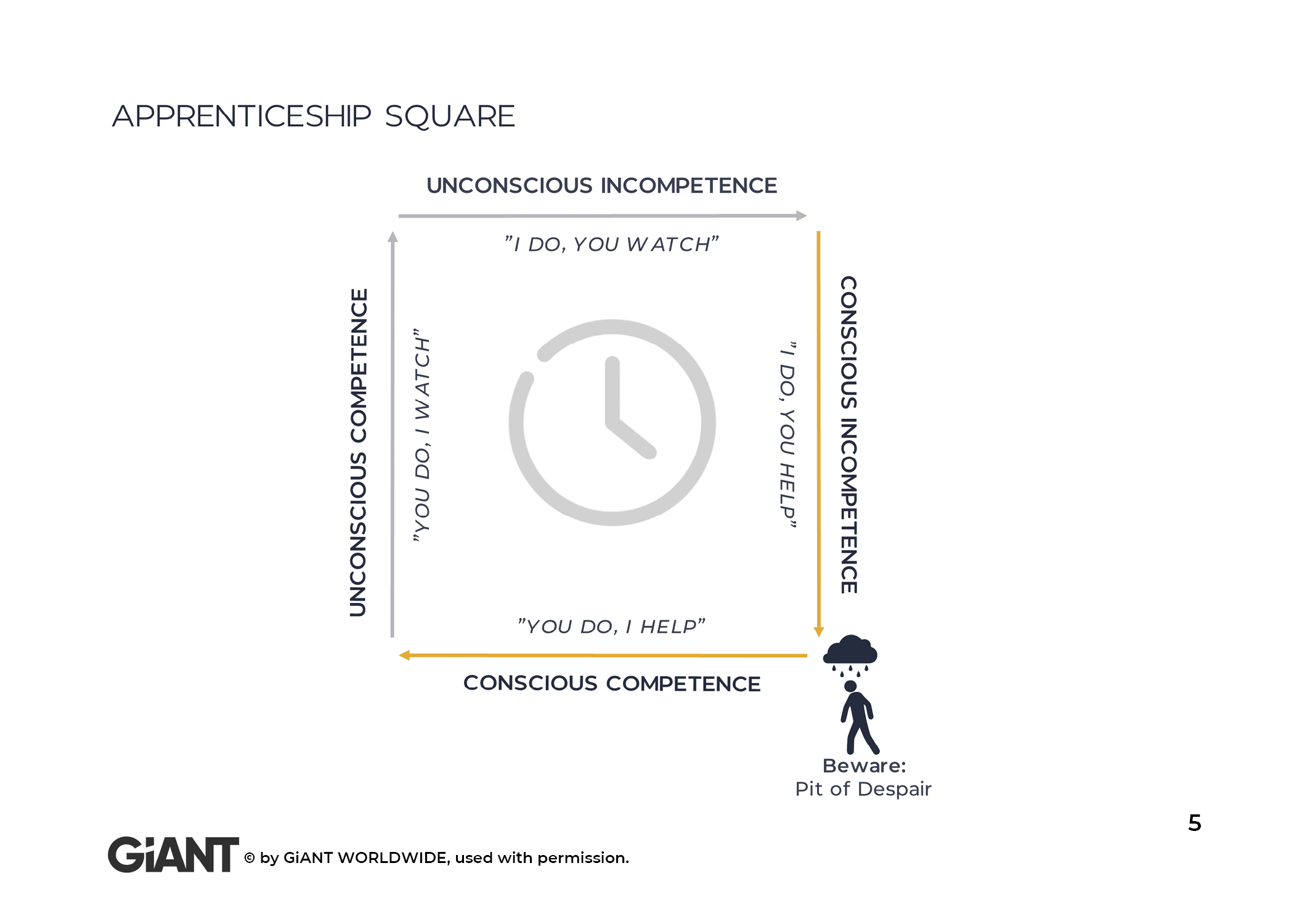


 By Danny Zachariah, Regional Director, India-subcontinent and church pastor Hyderabad, India
By Danny Zachariah, Regional Director, India-subcontinent and church pastor Hyderabad, India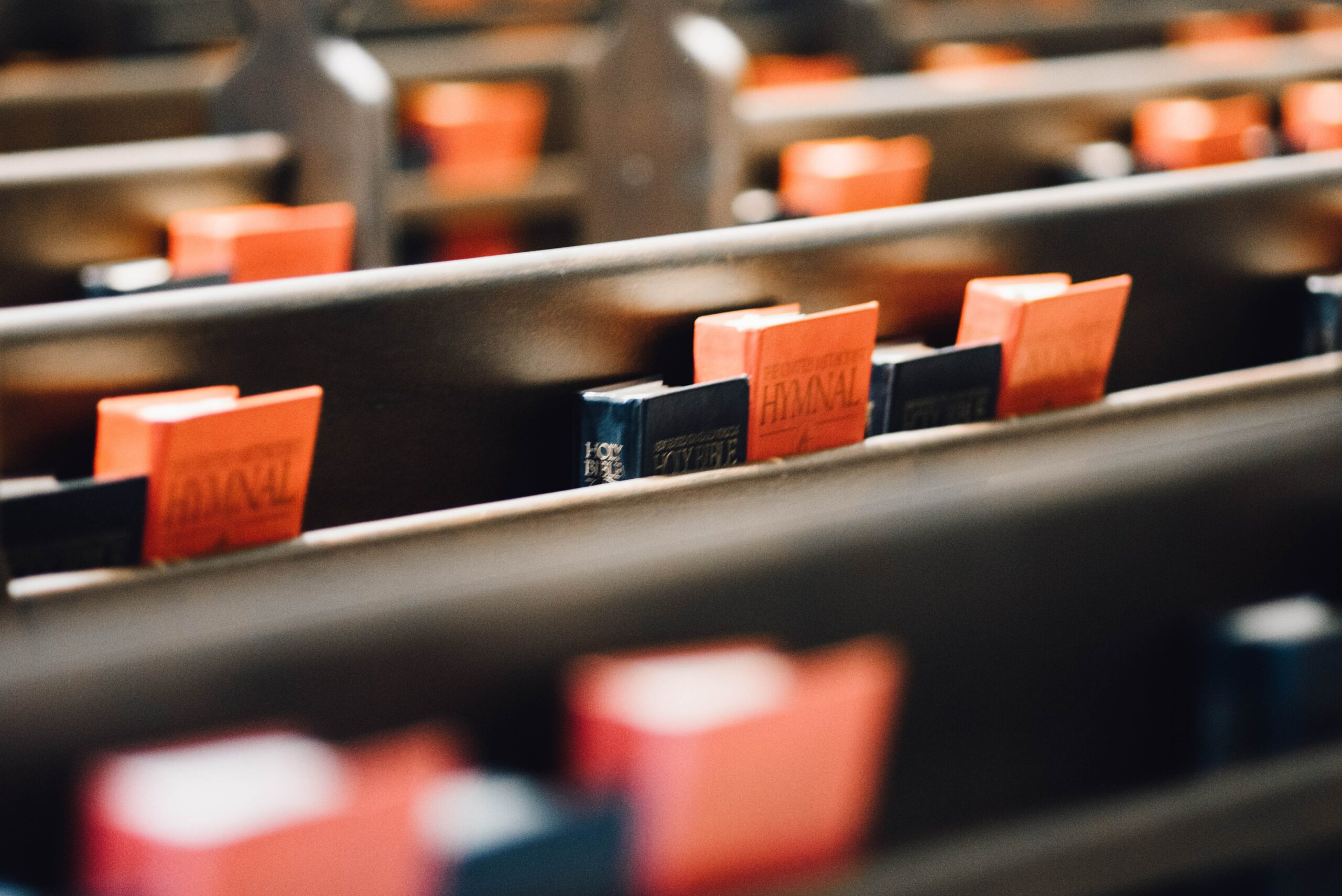
 By Bob Regazzoli, Pastor, Australia
By Bob Regazzoli, Pastor, Australia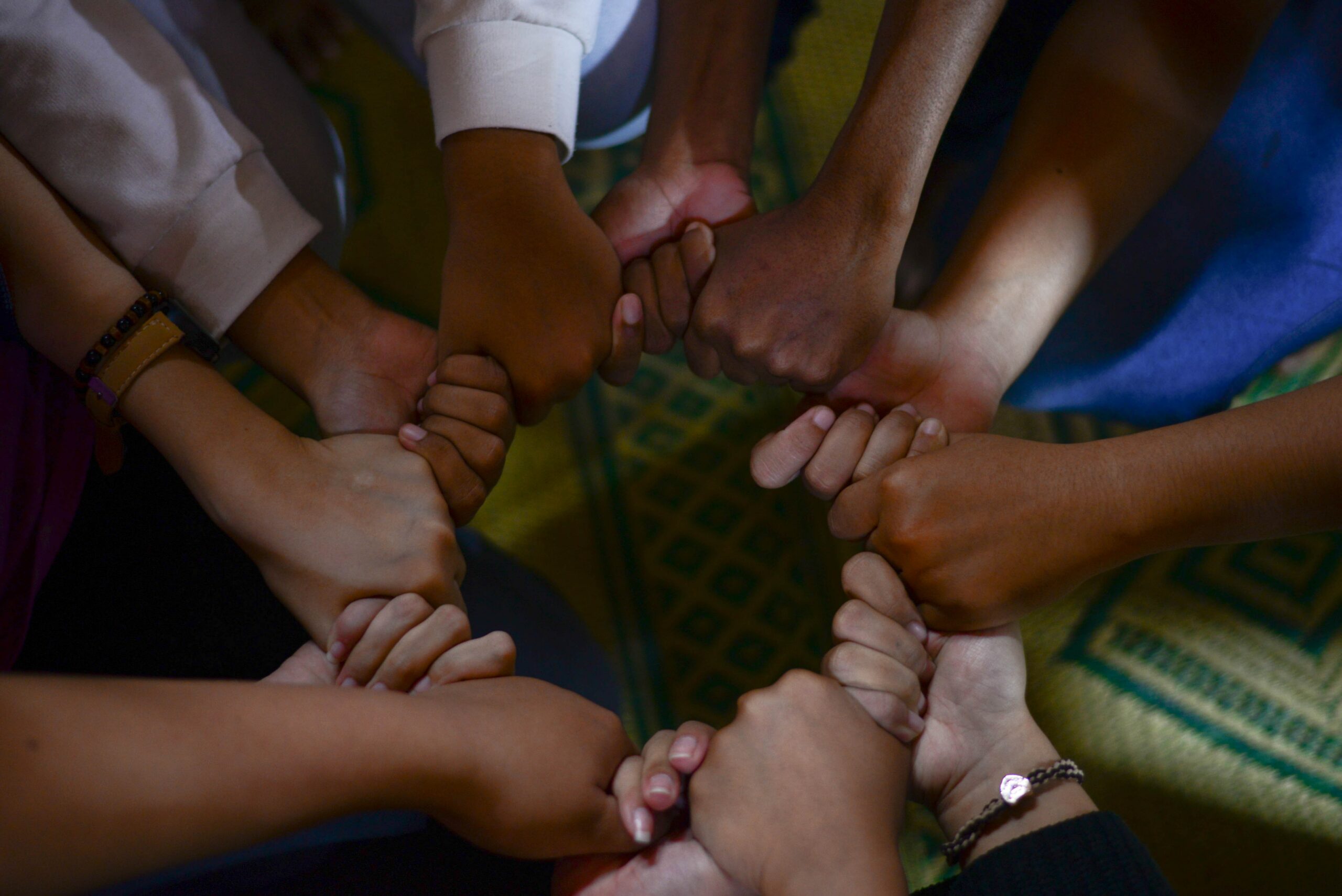
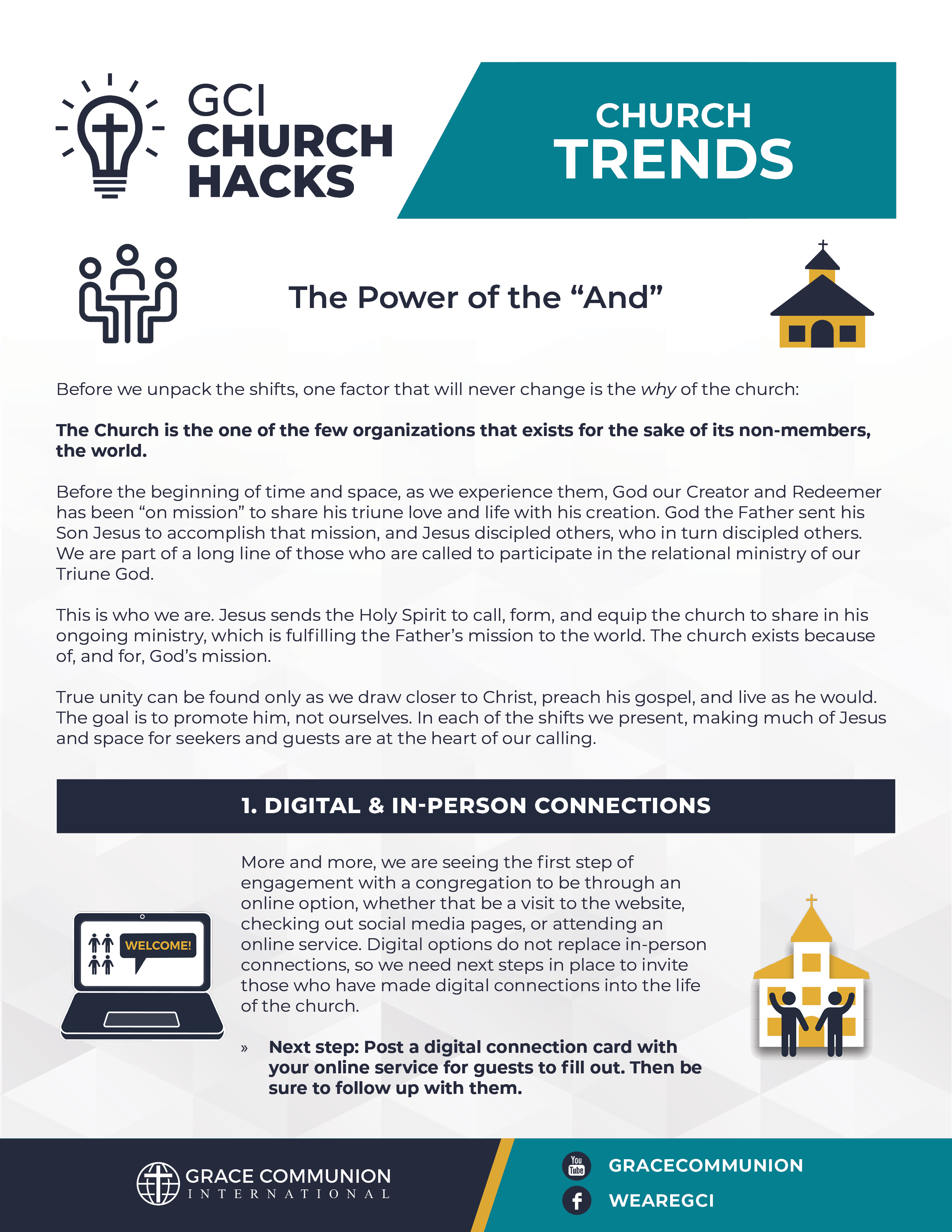



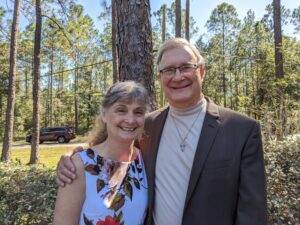 “Whatever type of activity you’re doing, do you see people being happy? Are they enjoying themselves? We live in a world that’s full of struggles, with many ups and downs, and live is going to have a lot of pain. Even for Christians, so anything we can do to lift people up
“Whatever type of activity you’re doing, do you see people being happy? Are they enjoying themselves? We live in a world that’s full of struggles, with many ups and downs, and live is going to have a lot of pain. Even for Christians, so anything we can do to lift people up


